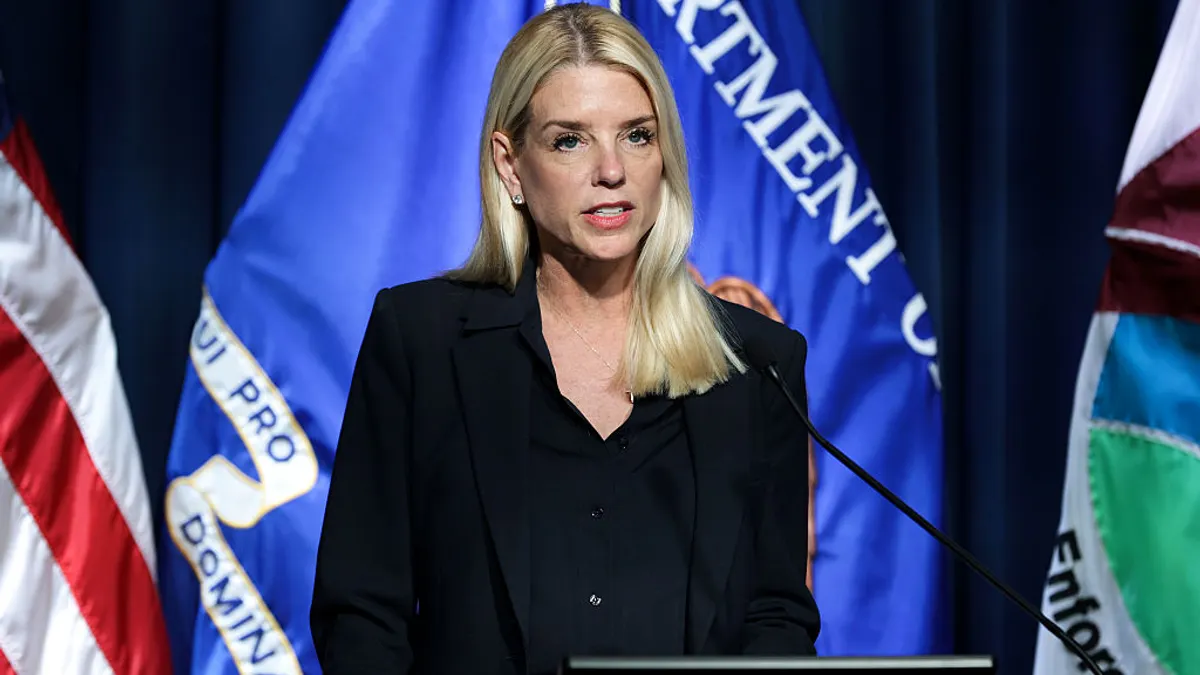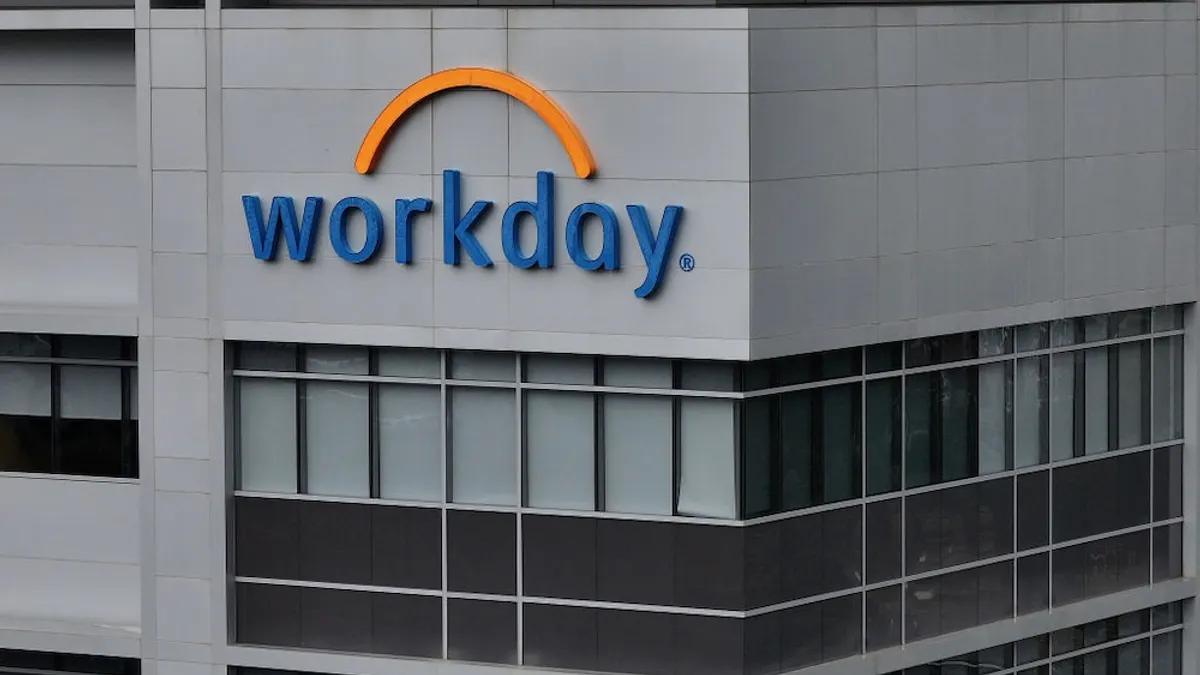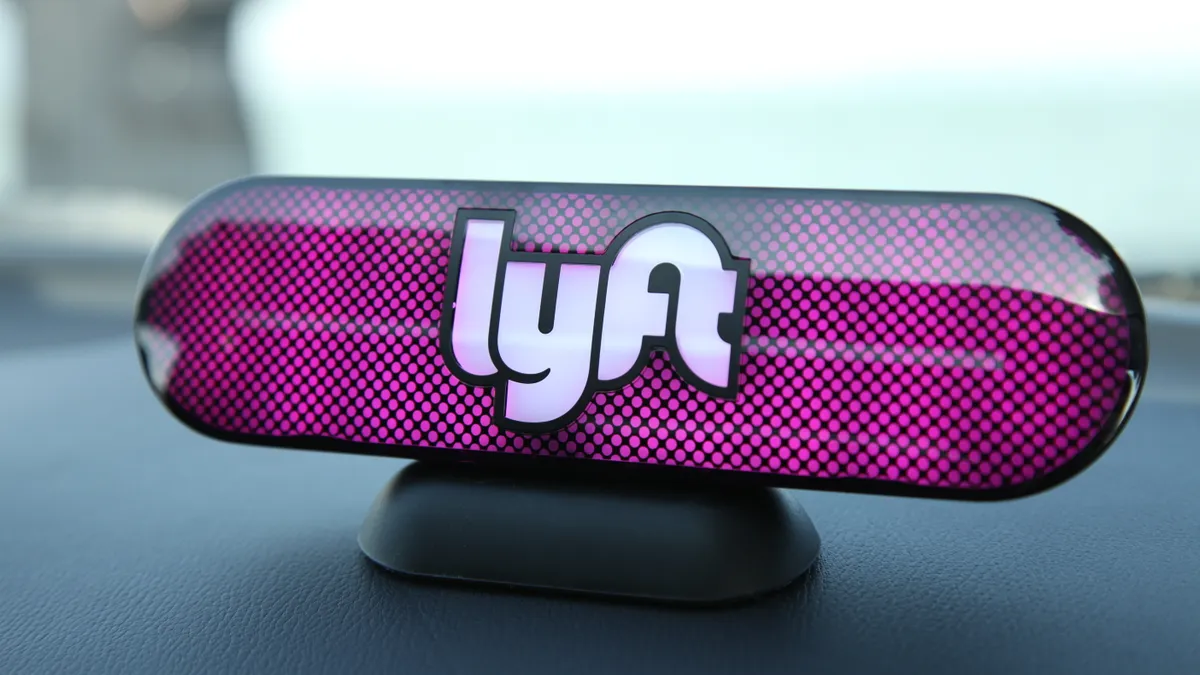PHILADELPHIA — HR professionals gathered Thursday at a relatively new conference, DisruptHR, to hear about ways to rethink both their profession and their workforces.
Attendees heard from ten speakers, who each had five minutes to get a point across. The organization tells its speakers, "teach us something, but make it quick."
The events are popping up around the globe, and occur throughout the year. The following are excerpts from Thursday's Philadelphia event:
#1. "WTF is work-life balance?"
Carrie Bucci, founder and people operations consultant, Mixtape Talent
Bucci told attendees that work-life balance is a "fairy tale." Instead, she asked HR to focus on creating work-life harmony. Employees lives can’t always be split 50/50 between work and home; employees’ and employers’ needs ebb and flow, and that's ok.
But HR has to take the lead on ensuring this harmony and preventing burnout. Burnout is both a health issue and a retention issue: "It doesn't matter how cool the ping-pong table is or how many happy hours we have;" people whose personal lives aren't supported are a flight risk.
HR can encourage managers to set a good example, Bucci said; have them think about when they’re sending and responding to emails, and what that communicates to their team. Encourage employees to take daily breaks and to take their vacation time. And celebrate employees’ accomplishments outside of work with your employee recognition program.
#2. "Does talent have an expiration date?"
Tracy Grajewski, vice president, business development – retirement, Careerminds
Grajewski asked the audience: are you treating your employees the same way you treat the milk in your refrigerator? Professionals responsible for hiring often fall into the trap of thinking they need to look outside the company, especially to millennials, she said; "I challenge you to say maybe that’s not the case."
HR is so focused on the front-end of the employee lifecycle, but what about the employees you already have? "Are we letting good talent drip out the other side of the funnel?" Look at other places for your older workers. Help them reinvent themselves. “Your later career employees bring a lot of value to your organization," Grajewski said; "They’ve weathered a lot of storms."
Consider job-sharing, or phased retirement, she said. "Don’t give up on your talent when they’ve reached a perceived expiration date."
#3. "Amplify! The power of meaning at work"
Steve Van Valin, founder and CEO, Culturology
Purpose drives happiness, Van Valin said; so "give the people what they want."
Instead of adopting a broad moonshot purpose for your company that only a few people can achieve, go granular, he said. Purpose comes from more than one place. People want to be empowered and engaged in crafting their jobs.
Your employees are asking themselves: Am I respected here? Do I have a chance to contribute? Do I have a sense of belonging? Does my boss have my back?
HR must ensure that the answer to all those questions is "yes." And once you implement efforts to that end, how will you know if they're working? "You’ll see it on people’s faces."
#4. "Simon Sinek only got it half right"
Marc Hildenberger, strategic relationship manager, Exude
Sinek’s books often ask readers to "start with why" or "find your why."
"Starting with why is great for most organizations," Hildenberger said; “everyone wants to be involved with something bigger than themselves." But they also want to know where they fit in.
Employees are always thinking about that, he said. They’re asking themselves whether their work matters, and whether anyone cares.
"The problem is closed office doors, board meetings, executive offices. These are all a mystery to employees so they start to guess about things. And when they guess, they form false opinions and they don’t know where to go from there."
HR has an opportunity to signal that employees are heard and cared about, he said. To do so, overcommunicate values and priorities, and where each department fits into the broader company strategy — 10 times more than you think you need to.
"Having a ‘why’ is a great start. But adding a 'where' is the missing link to your employees' engagement."
#5. "Re-humanizing the workplace: what I’ve learned from millennials"
Lisa Lord, executive coach, Lisa Lord Consulting
Millennials want more, and "I’m inspired by them," Lord said. "Because of them, I know that more is possible. I want to be challenged. I want to be inspired. That’s what they want."
Lord asked attendees to let go of some of the stereotypes they’ve heard about millennials and focus on passion — for all employees. People are engaged when they’re doing something they’re passionate about, she said, and employers should give their employees a chance to grow their passions, even if those passions are outside of work.
Pay for someone to do more charity work, she suggested. Allow mentorships that are unencumbered by your formal system. A mentor is someone who inspires an employee; if that someone is outside of your workforce, encourage them to go for it. "This human being, when inspired, is going to perform more at work."
"Rehumanize the workforce," Lord said, "and thank a millennial for inspiring it."




















